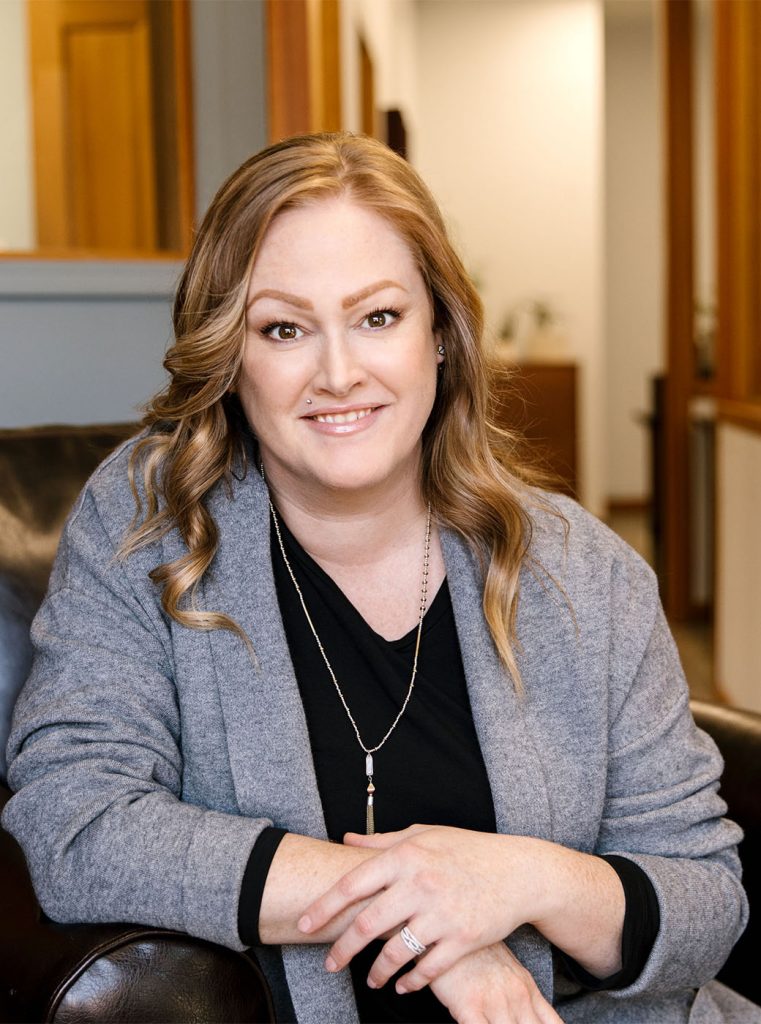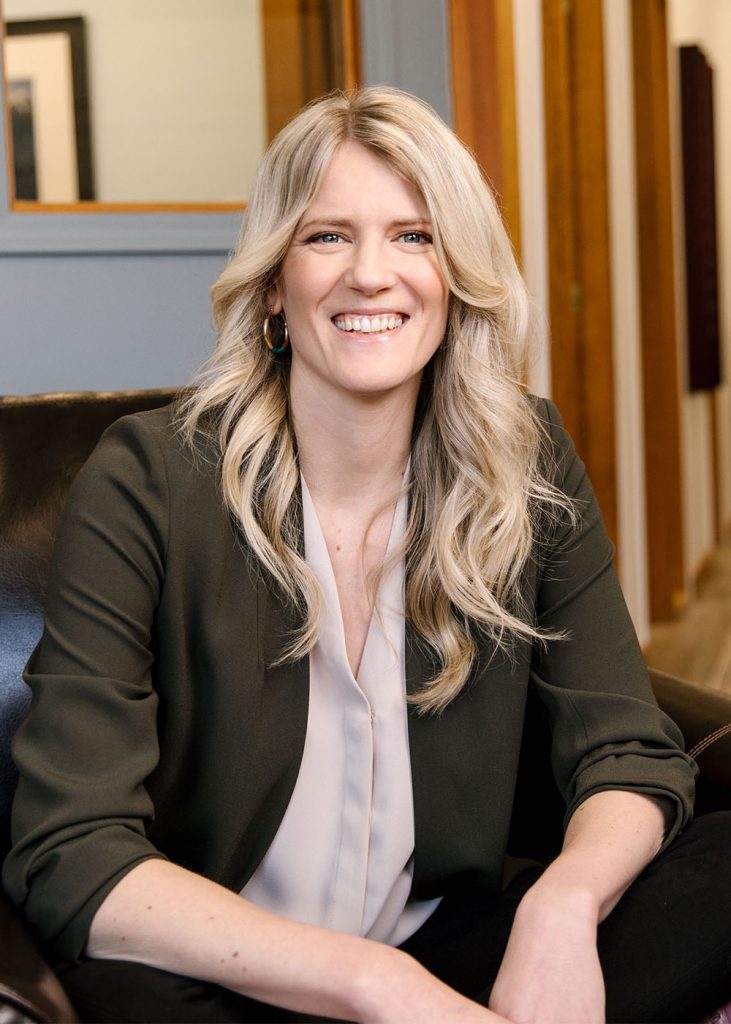Estate planning is a simple term for a very broad topic.
A lawyer will refer to estate planning as a “means to decide and secure who will inherit your assets” after you die. While that’s true, estate planning as an element of financial planning involves much more than that.
Throughout most of our lives, we focus on growing our net worth. We contribute to pensions and retirement accounts, save into TFSAs, and buy disability and life insurance so the needs of our family will be taken care of.
But although you’ve accumulated some or all the assets you need, you may not realize that you have a new objective: protecting your lifetime’s accumulation.
Protecting it from what?
- Unwanted inheritors
- Paying more income tax on death than necessary
- Exposing more of the estate to probate than necessary
- Family disputes
Plus, estate planning can:
- Protect underage or vulnerable inheritors
- Ensure the continued ownership of beloved family property
- Provide for your family
- Provide gifts to charity
Estate planning makes life easier for those who must go on without you. Losing a beloved family member is hard enough for those you leave behind but doing so without an estate plan can be very hard on them.
Ensuring the right assets go to the right people at the right time
The biggest element of estate planning is ensuring assets land in the right place
If you die without a will, your province will decide how your assets are divided. In BC, it’s common for the surviving spouse to receive $300,000 (or $150,000 in a blended family) plus half of the remainder of the estate. The rest of the estate would likely be divided amongst the children.
That’s a very rigid and one-size-fits-all approach, and I bet that you as the reader wouldn’t be happy with that. What if there are certain assets with more emotional value than others? What if the family home is worth more than the inheritor’s share as decided by the courts, and your spouse wants to keep the home? What if certain people require more financial care than others? What if there are pre-existing disputes in a blended family?
That list of questions could go on. Our lives are all so individual and unique, and having a court decide where your assets should go is a poor choice.
Plus, if you’ve got young kids, you probably don’t want them receiving their inheritance until age 19 or maybe age 30 – sometimes, even older.
Perhaps you have a dependent spouse, and you want to provide for them until their passing, but ultimately making sure your kids inherit.
Maybe you’re estranged from one of your kids, or you want everything you own to go to your favourite charity.
All these concerns and many more can be answered with an estate plan.
Erosion of your lifetime’s accumulation by income tax
If you are (or were) employed – remember all those tax refunds you received over the years after contributing to your RRSP? And for the self-employed, remember how contributing to your RRSP reduced the amount of tax you had to pay? And for the incorporated business owners, I’m sure you recall retaining all those earnings inside your corp.
Well, all those strategies are tax-deferral strategies, not tax-avoidance strategies. At some point, the tax will become due.
Plus, other assets have a looming tax bill you might not be thinking about, like the family cabin or cottage. If the property is not designated as a principal residence, any growth or gain will be taxable eventually. And in the Canadian real estate market, that gain is likely enormous.
When someone dies, all their deferred tax liabilities become due.
Don’t forget that Canada has a progressive marginal tax system! As income increases, the tax rate goes up. With a $500,000 RRSP suddenly fully taxable as income, and a cottage with a $1 million gain (and other assets too) you might be looking at a $525k tax bill.
There goes the family cottage to pay for it!
An estate plan can help plan and provide for these tax liabilities and develop strategies to reduce them.
Getting personal with probate
In Canada, wills must be probated. Probate is the process by which the courts formally accept the will as valid. It gives the person named in the will as “executor” the power to administer the estate. If you don’t have a will, the courts will appoint someone to act as your administrator.
After the courts issue the grant of probate, the executor or administrator will have to pay the probate fees. In BC, this fee is 1.4% of the value of the estate (in excess of $50,000). This often gets confused with an inheritance tax or estate tax, but unlike the U.S., we have no such taxes in Canada. Another win for the northern team!
Many people know they want to avoid probate, but they want to avoid it for the wrong reasons. Often, they want to avoid the probate fee. In reality, the probate fee is quite small – the value of your investment accounts could swing by the same amount in a single day – and the true issue with probate is how lengthy and time consuming the administrative process is.
Your inheritors could be waiting over six months to receive any money as they wait for the grant of probate, so adding a plan to limit the assets exposed to probate is a smart move.
Estate planning is a crucial part of financial planning. If you’d like some support to discuss your estate planning, use our contact form to send us an email. We’ll get back to you soon to set up a meeting with one of our advisors.
The information contained herein has been provided for illustrative purposes only. The information does not provide financial, legal, tax or investment advice. Investors should seek professional financial advice regarding the appropriateness of investing in any investment strategy or security and no financial decisions should be made on the basis of the information provided in this document. Wellington-Altus Private Wealth (“WAPW”) does not assume any liability for any loss that may result from the reliance by any person upon any such information or opinions. WAPW is a member of the Canadian Investor Protection Fund and is regulated by the Investment Industry Regulatory Organization of Canada.
© 2023, Wellington-Altus Private Wealth Inc.
ALL RIGHTS RESERVED. NO USE OR REPRODUCTION WITHOUT PERMISSION.










